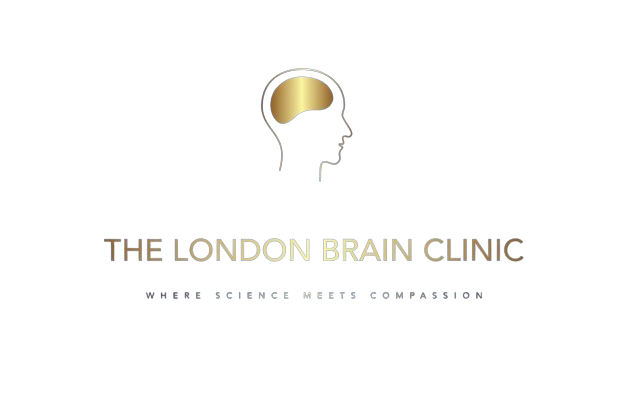Parkinson’s Disease is often known for its motor symptoms, like tremors and stiffness, but it also brings a range of mental health issues that significantly impact everyday life. At the 2024 International Congress of Parkinson’s Disease and Movement Disorders (MDS) in Philadelphia, Dr. Lucia Ricciardi highlighted the importance of recognizing and managing these non-motor symptoms.
Why Neuropsychiatric Symptoms Matter?
Dr. Ricciardi pointed out that Parkinson’s should be seen as a neuropsychiatric condition due to the high rates of depression, anxiety, and cognitive issues among people with Parkinson’s (PwP). She noted that while more doctors pay attention to these symptoms, many still get overlook them. “We’re still not doing enough,” she said, emphasizing the need for better recognition and care.
What Causes These Symptoms?
Neuropsychiatric symptoms in PwP can come from several sources:
- Disease Progression: As the condition advances, it affects the brain areas that control mood and behavior.
- Medications: Some treatments taken by PwP can worsen symptoms. For instance, dopamine agonists might worsen issues like impulsivity or hallucinations in certain individuals.
- Social Factors: Feelings of isolation or stress from caregiving can also intensify these symptoms.
Emphasizing a Holistic Care Approach
Dr. Ricciardi emphasized the importance of a holistic care approach to effectively manage neuropsychiatric symptoms in PwP. This means considering the whole person, not just their symptoms.
Doctors should customize medication plans based on each patient’s unique needs, especially for those facing cognitive challenges. This personalized approach helps ensure that treatments are as effective and safe as possible. It is essential to Build a Multidisciplinary Team, including neurologists, psychologists, psychiatrists, and therapists. This multidisciplinary approach allows better communication and coordination of care, ensuring that all aspects of a patient’s health are addressed. Also, integrating Non-Pharmacological Approaches is crucial. Indeed, techniques like mindfulness, meditation and psychological therapies should be integral parts of a comprehensive treatment strategy. These therapies can enhance mental health, reduce stress, and improve overall quality of life.
The Need for More Research
Dr. Ricciardi called for more research on the neuropsychiatric aspects in PwP. This includes looking into how different brain chemicals affect mood and behavior. She also suggested using digital tools, like wearables or apps, to help track symptoms more effectively.
Conclusion
Dr. Ricciardi’s insights remind us that neuropsychiatric symptoms are a vital part of Parkinson’s Disease. By recognizing and addressing these symptoms, people living with the condition and caregivers can work together with healthcare providers to improve quality of life. A holistic approach that includes medication management, therapy, and lifestyle changes can make a real difference for those living with Parkinson.

